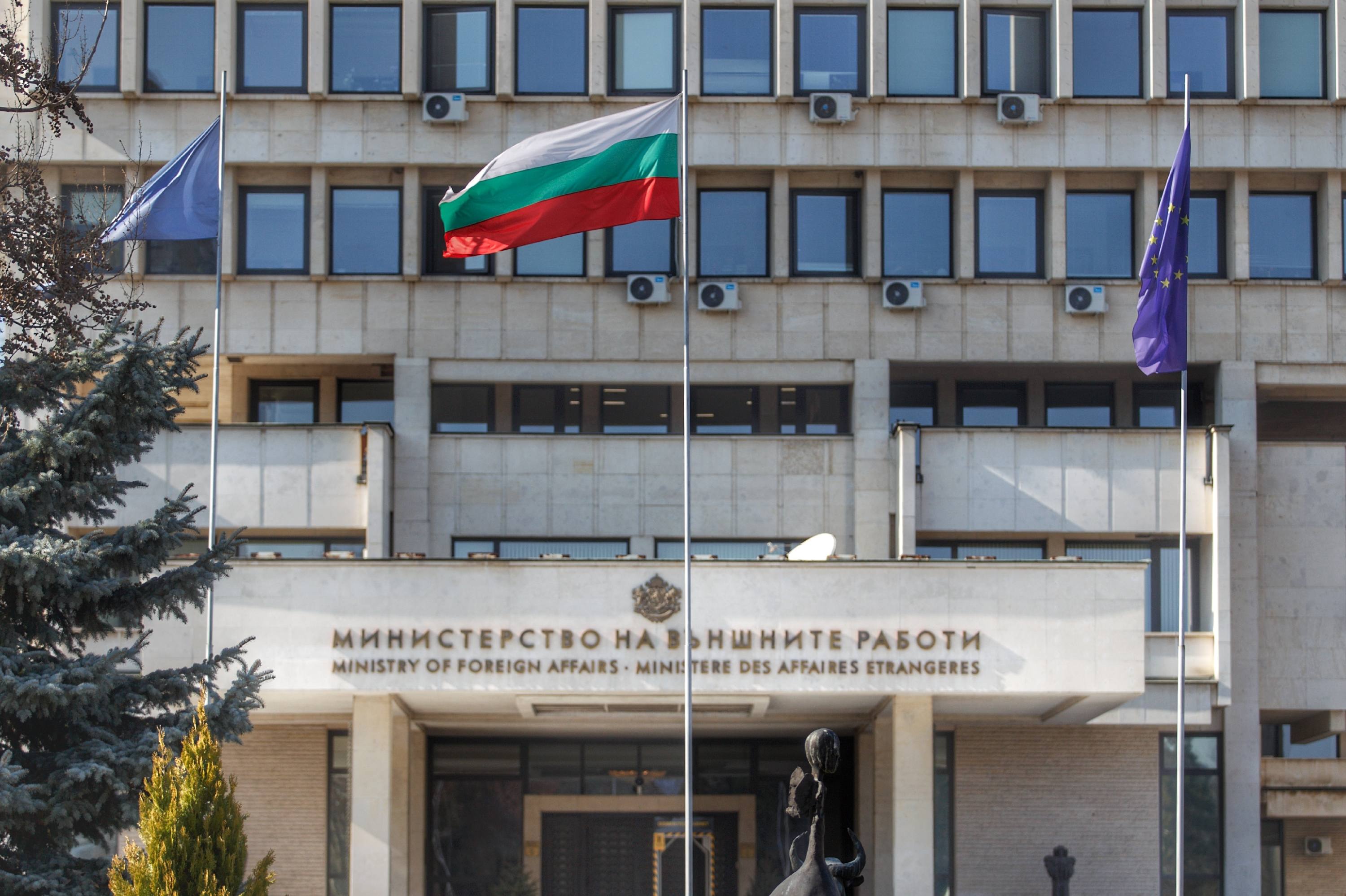Position of the Ministry of Foreign Affairs
04 November 2022 News
The Ministry of Foreign Affairs of the Republic of Bulgaria expresses its strong concern regarding the adoption on November 2nd by the Assembly of the Republic of North Macedonia of amendments to the Law on foundations and associations and the Law on political parties. There are serious concerns that this legislation aims to curtail the right of association of Bulgarians in North Macedonia in a discriminatory manner, one based on a unilateral misinterpretation of historical facts.
The legitimate aim to counter all forms of extremism and hatred cannot be instrumentalized to purposefully curtail the rights of specific communities. Limitations of this type have already been imposed upon the Bulgarians in North Macedonia the past. In 2001, the association named “Radko”, a pseudonym of Ivan Mihailov, was banned with very similar motives. The European Court of Human Rights pronounced itself on the matter (case of Association of citizens Radko & Paunkovski vs. the former Yugoslav Republic of Macedonia, application no. 74651/01):
- “The exceptions to the rule of freedom of association are to be construed strictly and only convincing and compelling reasons can justify restrictions on that freedom”;
- “(…) the naming of the Association after an individual who was negatively perceived by the majority of population could not in itself be considered reprehensible or to constitute in itself a present and imminent threat to public order”.
The mechanism instituted under the new legislation requires a “Consultative body” to issue a positive opinion, permitting an association/foundation to use a given name, surname, pseudonym, abbreviation or initials of a historical figure as its denomination. This raises the issue of how a specific interpretation of historical facts and persons is being imposed as a formal procedure, one based solely on the official interpretations in North Macedonia. Such an approach logically stems from and explains the inability to overcome the blockage in the work of the Joint Multidisciplinary Expert Commission on Historical and Educational Issues.
The decision of North Macedonia’s Parliament not to include communism alongside other totalitarian and repressive ideologies cited in the new legislation represents an altogether separate problem. Currently, North Macedonia still lacks any legislative framework or mechanism for the rehabilitation and compensation of the citizens executed or repressed by the communist regime of the then SR Macedonia solely because of their Bulgarian self-determination.
The type of legislation at issue impedes the full and effective implementation of the Treaty on good neighborly relations. We expect the authorities in North Macedonia to guarantee to all their citizens, including those self-identifying as Bulgarians, equal rights and freedoms. This includes their freedom to express their historical views and convictions in the context of a pluralistic society, as well as the possibility to establish political parties, associations and cultural centers. In line with its own strategy “One Society for All”, North Macedonia must create the necessary conditions for ethnic communities to maintain and develop their own culture, to safeguard the main elements of their identity, tradition and cultural heritage. The freedom of association, of peaceful assembly, of speech and conviction must be equally guaranteed to all citizens of the country.
